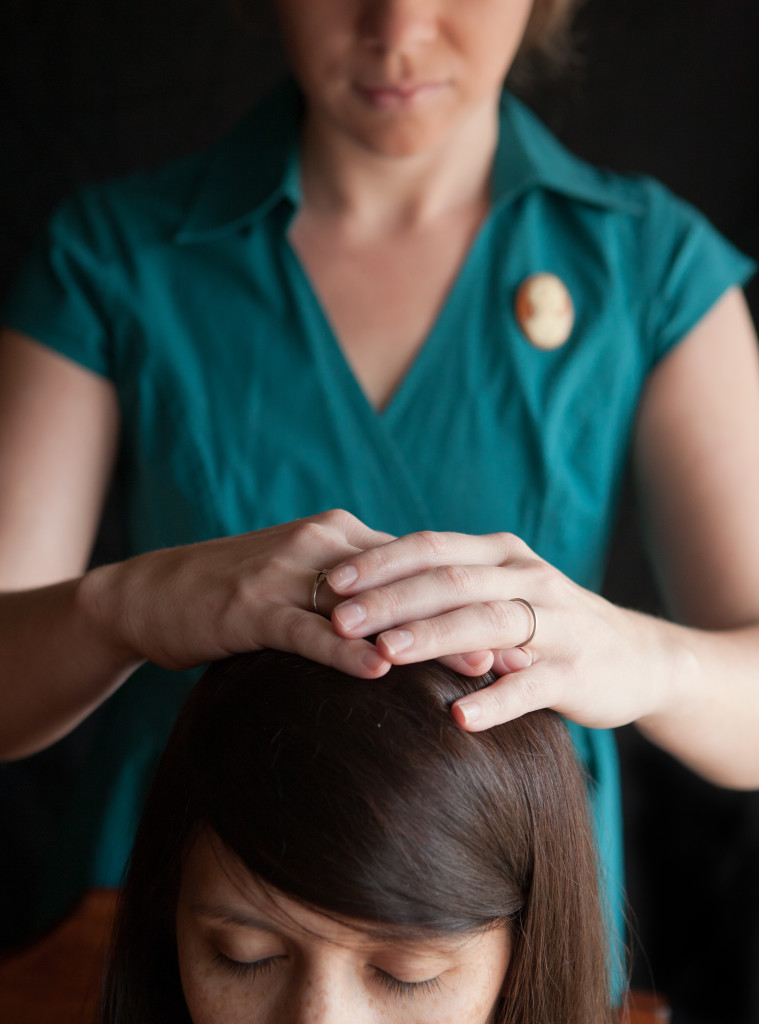Over the last week, millions of women have shared stories of sexual harassment and assault using the hashtag #MeToo. The campaign caught fire and has ignited, yet again, a conversation regarding the treatment of women in our society. Often women find themselves alone in a room with a man—a supervisor, a coworker, a family member, etc.—and the power dynamic is almost always tilted in the man’s favor. He may have the power to fire or promote you, to physically dominate you or not. And miscalculating the way he will use that power is the difference between a paycheck or unemployment; or survival. The experience is nerve-wracking and frustrating because most of us want to trust the men in our lives.
At the age of 13, I sat in the office of my bishop, just the two of us. I was seeking a recommend to enter the temple for the first time and so the standard questions were asked, including if I had a testimony of the gospel of Jesus Christ, if I was honest in my dealings with others, and if I was morally clean. The last question caused me to pause and, wanting to be sure I was truly ready to enter the temple, I confessed to my bishop that I had been molested as a child. The details do not matter here, but I shared them then. After I finished confessing this to my bishop, this loving and wonderful man assured me that I was in no way responsible for what a trusted adult had done to me. He let me know that he had no doubt that my Heavenly Parents loved me and that I could turn to my Savior for comfort if I ever needed it. This bishop was everything a trusted adult man could have been and still, when I see him around town, I think of the kind and gentle manner he had with me, and my heart is filled with love and gratitude for him.
With that said, I recall feeling incredibly uncomfortable having to recount my story of abuse to a man. As a young woman, seeking to enter the house of the Lord, I felt I needed to share the story. I would have been more comfortable discussing the personal details with a woman. I am sure the moment would stand out in my memories, but I question if it would burn quite so brightly in my mind if I had not felt so incredibly awkward at the time. I remember what I was wearing, I can still feel my cheeks burning, and I can hear the sound of my bishop’s voice as he spoke so kindly to me. But there were women in my ward who could have played this role for me and I feel certain it would have been less striking to me had I been in that room with a woman.
Allowing women to conduct interviews with other women and young women is a policy change that would demonstrate an understanding of the terrible position we put girls and women, and male leaders, in the church in when we force them to sit together behind closed doors and discuss intensely personal things. I am lucky. For most of my life, most of my “worthiness interviews,” I have sat with priesthood leaders whom I trusted and admired. I have nothing but love and respect for the men who hold these roles and are entrusted with this sacred and, let’s be honest, awkward duty. I also have no doubt that this important process could be handled for women, by women.







